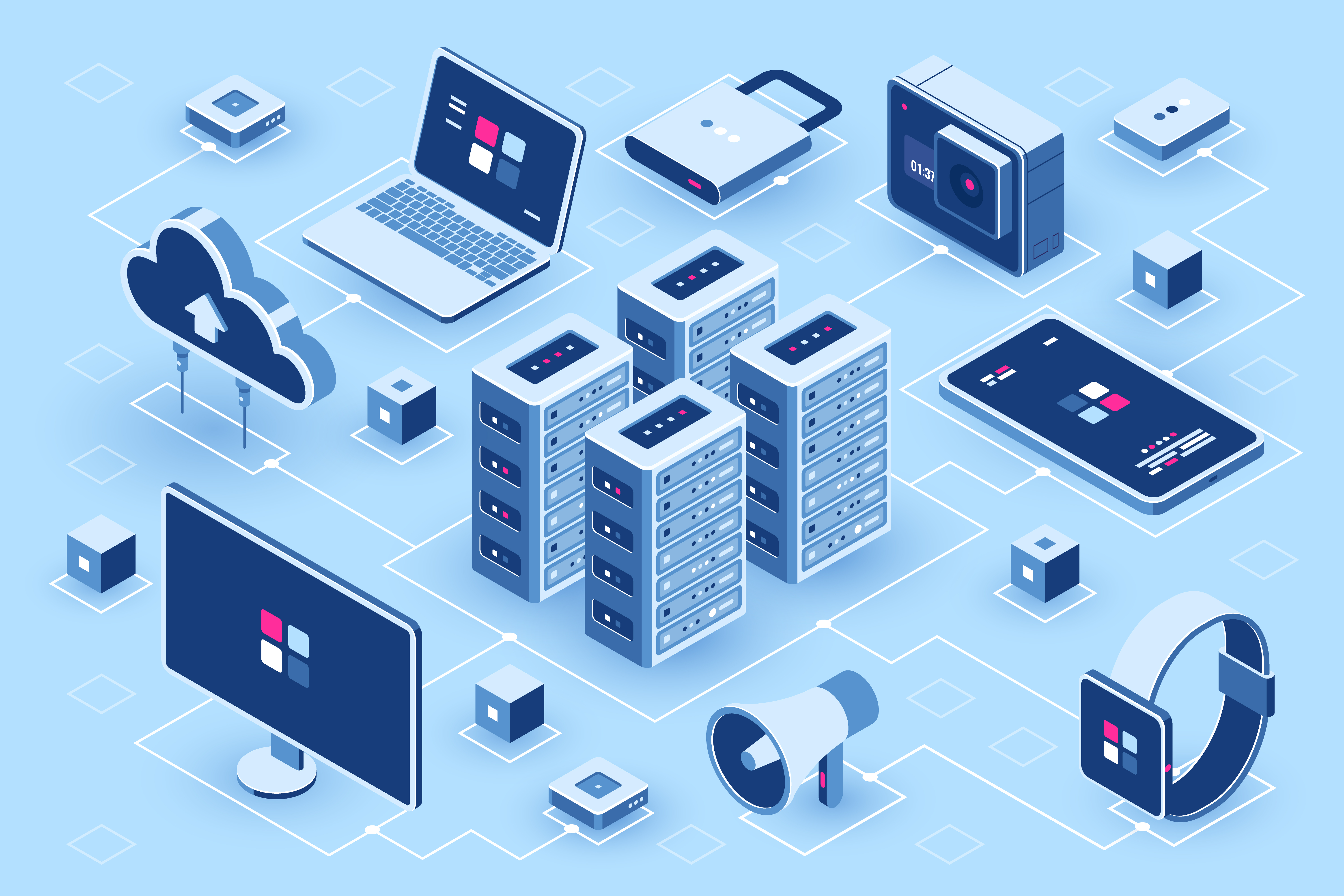Ah… the heady days of the new release of SQL Server 2016 and all of its new features: Query Store, temporal tables, JSON support, PolyBase, Always Encrypted, Dynamic Data Masking, and Row Level Security, etc. Just simply upgrading allowed businesses to improve performance and enhance existing or adopt new processes regarding how they took care of their data. Each passing release of SQL Server has built a little bit on the previous versions and elevated the platform's potential. It's hard to believe that SQL Server 2016 was officially released just a little over five (5) years ago.
All this exuberance for nostalgia can be a dangerous thing. SQL Server 2016 was officially released five years ago. Do you remember what that means? SQL Server 2016 reached the end of Mainstream Support and has entered Extended Support as of July 13, 2021. Microsoft's Extended Support phase is loosely defined as follows (check Microsoft documentation for specifics):
- You still get security updates at no cost.
- Any requested support now needs to be paid for.
- If it is possible to get a non-security update, you'll be footing the bill.
Since SQL Server 2016 is in Extended Support, it also means that the end of the line is in sight. On July 14, 2026, SQL Server 2016 will be at end of life.
Now is the time to plan your upgrade to a newer version of SQL Server. The more time you have, the smoother and more cost-effective the upgrade will be. It is possible to upgrade directly from SQL Server 2016 to SQL Server 2019, and one of the items to use in your pre-upgrade plan is Microsoft's Data Migration Assistant (DMA). It will allow you to generate a compatibility report to identify any issues you may encounter during the upgrade. This will help bring peace of mind, since issues are identified and can be dealt with ahead of time, instead of at the time of the upgrade or days before in the test lab.
If you have an older version of SQL Server (2012 or 2014), your clock is accelerated. The good news is that you still have time and can upgrade directly to SQL Server 2019. Anything older, and you are looking at migration and not an upgrade. No matter where you are, it is important to remember to take care of your business by taking care of your SQL Servers. Don't let nostalgia lull you into a situation where you are scrambling to upgrade or migrate to a new version. Be mindful of Microsoft's Fixed Lifecycle Policy and plan for upgrades with intention.
So, how about that upgrade?
 Back to Blogs
Back to Blogs



